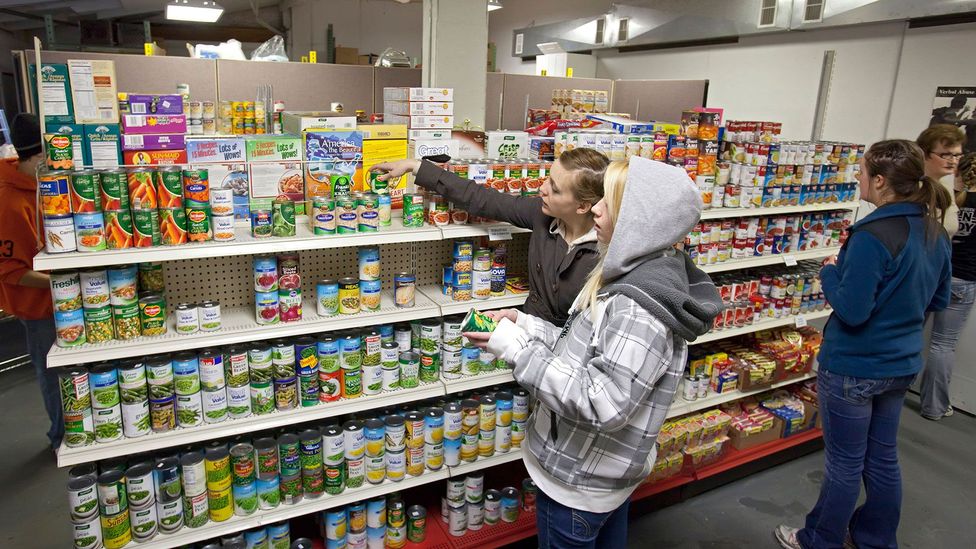To be able to have a good meal on a regular basis and to eat healthy food almost everyday is truly a blessing and a privilege. Many are unlucky to have this basic need due to many factors such as financial restriction, climate changes causing problems with food supply, poverty, humanity crisis such as conflicts or war and fast-paced growth of population but limited availability of food. These factors affect the ability of a person to fill their stomach with food and healthy drinks.
Food insecurity causes a person to have great anxiety from constant thoughts of “do I get to eat anything for the day” or “when will I eat again”. Feeling constant hunger leads to stressful conditions such as using limited cash to either buy food or pay rent, which eventually may cause a person to fall into depression. Study shows that there is high tendency for committing suicide in those with food insecure. If you’re looking for counselling services for your anxiety, visit A Kind Place to speak to a psychologist or counsellor.
1- Future generation with grim future
Children are the face of the future and indeed the next generation to continue the human race legacy. Food insecurity leads children to get inadequate nutrition and to be malnourished. This causes children to have growth and development problems which eventually makes a child to be physically unfit and learning problems. As times goes by, the child is unable to become a healthy adult or intelligent enough to take care of themselves and people around them.
2- High costs for health-related issues
Food insecurity has been known to cause many people to develop chronic illness. Research shows that people living with food insecurity are likely to develop diabetes, hypertension and heart diseases such as coronary heart disease. The rising number of people with such food issues causes more costs needed to treat this condition. In -a study, households with food-insecure issues spent about $6100 on medical care compared to $4200 that is spent by food-secure households. Furthermore, a person that is food-insecure is likely to acquire more than one disease at a time. This in turn will add up to the cost of treating these medical conditions.
3- More people prone to mental health issues
Food insecurity causes a person to have great anxiety from constant thoughts of “do I get to eat anything for the day” or “when will I eat again”. Feeling constant hunger leads to stressful conditions such as using limited cash to either buy food or pay rent, which eventually may cause a person to fall into depression. Study shows that there is high tendency for committing suicide in those with food insecure.
4- Lost of faith in humanity
Since food insecurity can cause a person in great hunger to desperately do anything in order for food, a person may result in violence or crime. At this point, humanity is nowhere to be seen. This is especially true when inflation hits and more people are becoming less able to buy food.
5- Low level of economy growth
Food insecurity causes a country to allocate a large sum of money to make sure availability of food to increase domestic production and to rely on imported products. Such events typically make the people feel insecure about availability of food, slows down productivity of the people due to more people unable to get enough food to fuel their day, becoming easily sick due to inadequate nutrition for the body immune system to perform well and eventually lead to slow economic growth.
Also read – Dengue Prevention.


